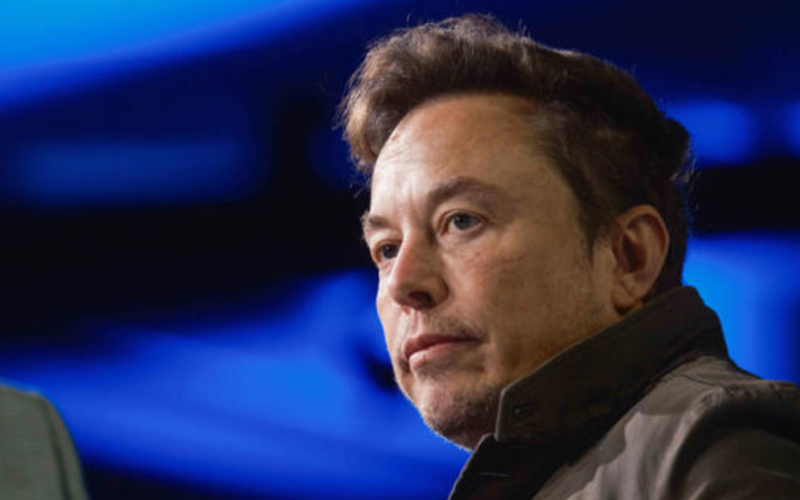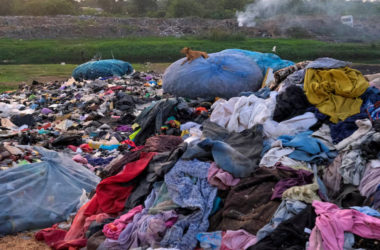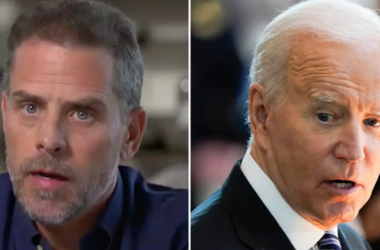In a strategic move that follows a recent legal setback, Tesla’s enigmatic CEO, Elon Musk, has announced plans to seek a shareholder vote on relocating the company’s state of incorporation from Delaware to Texas. This decision comes shortly after a Delaware judge invalidated Musk’s substantial $56 billion pay package, citing concerns about its fairness to shareholders. Musk’s proposal introduces a potential shift in Tesla’s legal framework, posing both opportunities and challenges that could significantly impact the company and its stakeholders.
The recent ruling by Delaware judge Kathaleen McCormick deemed Tesla’s 2018 share-based pay package, recognized as the largest in corporate America, as an “unfathomable sum” that favored Musk over shareholders. McCormick criticized the deal, suggesting that it was negotiated by directors seemingly aligned with Musk’s interests. Musk swiftly took to social media, advising against incorporating companies in Delaware, signaling his discontent with the legal environment.
While Elon Musk’s initiative to move Tesla’s incorporation to Texas could be viewed as a strategic response to the Delaware ruling, legal experts emphasize the potential risks associated with such a relocation. Investors could pursue legal action against Musk if they perceive the move as an attempt to secure his invalidated pay package rather than serving Tesla’s best interests. Musk’s unconventional strategies have been both applauded and contested, and this proposal is likely to invite scrutiny from various quarters.
The success of Musk’s plan hinges on securing shareholder approval, a process that may encounter challenges. Independent business adviser Keith Donovan urges shareholders to carefully evaluate the implications of transitioning from Delaware, considering its potential impact on their rights and the overall governance of the company. Musk faces the task of persuading shareholders to align with his vision for the relocation, highlighting the importance of transparent communication and addressing concerns.
Delaware’s status as the incorporation hub for numerous corporations, including over 65% of Fortune 500 companies, stems from its business-friendly legal framework and tax policies. The state’s corporate law, which provides investor protection and imposes constraints on management, makes it an attractive choice for raising capital. Tesla’s potential departure from Delaware raises questions about the company’s future legal landscape and adherence to corporate governance standards.
Musk’s affinity for Texas is not new, with Tesla’s corporate headquarters relocating from Palo Alto, California, to Austin in 2021. The move was driven by Musk’s dissatisfaction with California’s regulations and taxes. Texas, with its business-friendly environment, serves as a favorable backdrop for Musk’s ventures, including Tesla’s gigafactories, a lithium refinery, and operations for his other companies, SpaceX and The Boring Company.
True to his unconventional style, Musk conducted a poll on social media platform X, claiming an overwhelming 87% “yes” vote out of 1.1 million total responses in favor of relocating to Texas. Musk asserted that this public sentiment decisively supports Tesla’s move. However, translating this sentiment into shareholder approval remains a complex process, and Musk’s ability to navigate this landscape will determine the feasibility of the proposed relocation.
Elon Musk’s bid to shift Tesla’s state of incorporation to Texas represents a bold and potentially transformative step for the electric vehicle giant. The move, influenced by Musk’s confrontations with Delaware’s legal system and his preference for Texas’s business environment, introduces a new chapter in Tesla’s corporate journey. As shareholders weigh the implications, legal challenges loom, and the outcome of the proposed vote will significantly shape Tesla’s future and Musk’s intricate relationship with both shareholders and legal jurisdictions.








